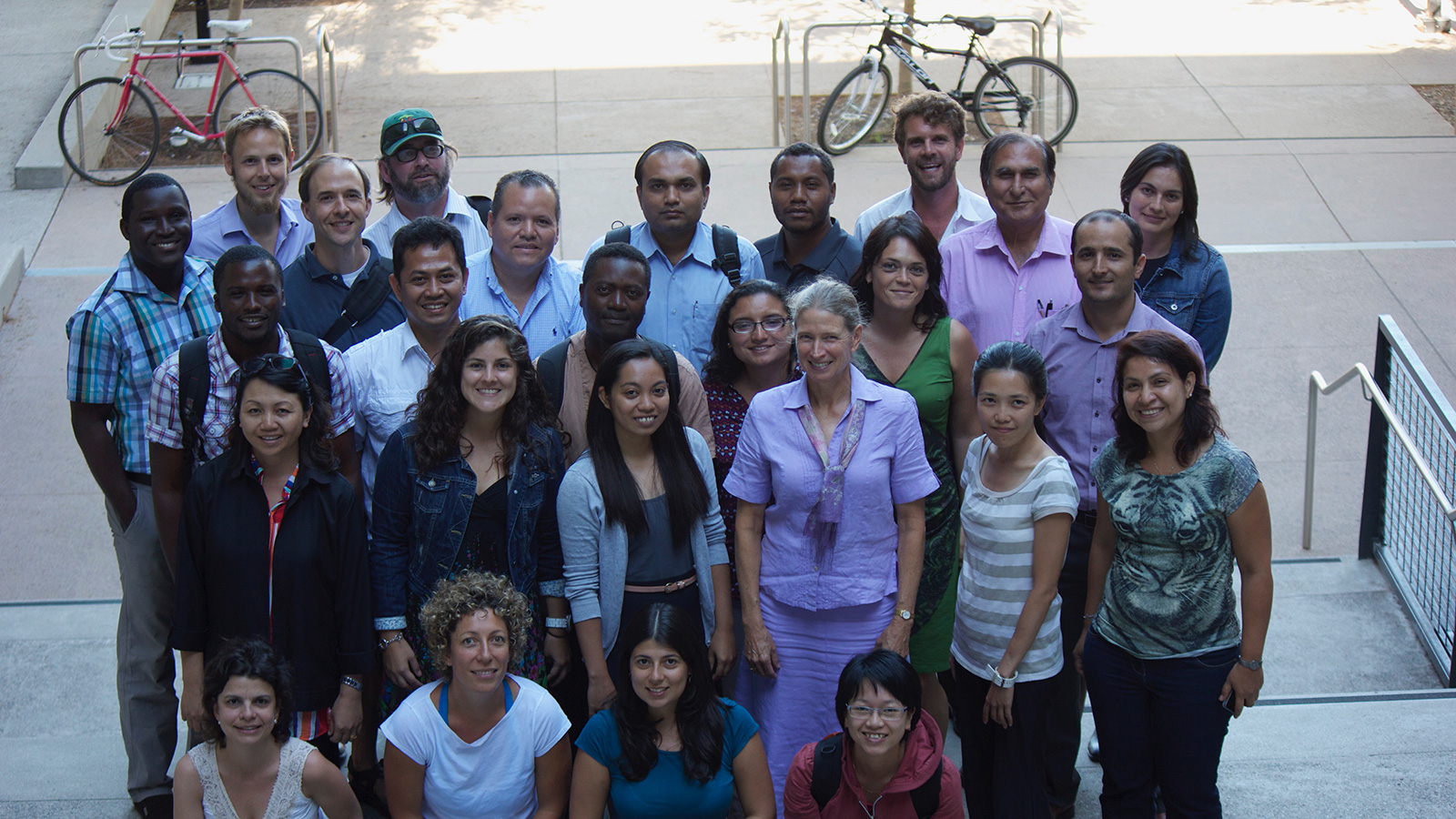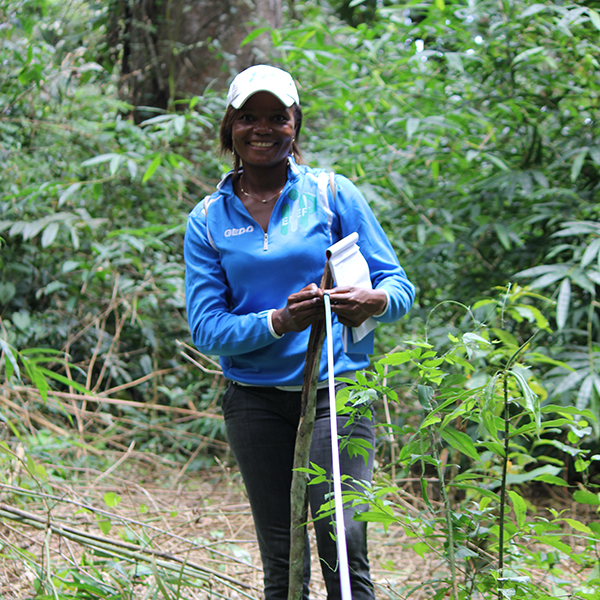
Empowering the Next Generation of Climate Leaders
As the Intergovernmental Panel on Climate Change makes clear, massive transformation is needed to avoid severe consequences of climate change. Limiting warming to 1.5 ºC demands that every country rapidly evolve toward zero net greenhouse gas emissions in land use, transportation, energy, industry, and cities within a few decades. Even with increasing political will, the institutions and workforces in many countries cannot fully implement the Paris Agreement as intended. This scale of change required is daunting, but it is also an opportunity to build strong country and community capacity with the next generation of climate leaders.
We empower climate leaders with the skills and resources they need to create measurable change in their communities.
Improving greenhouse gas inventories helps countries meet climate change targets, increase ambition in their Nationally Determined Contributions, and attract results-based climate finance. International capacity building efforts to date often defaulted to discrete initiatives revolving around short workshops with significant foreign expert roles. Closing the climate change ambition gap requires a structural shift in capacity building. This shift must embrace sustainable and country-owned technical education in greenhouse gas measurement and implementation of natural climate solutions.
The Carbon Institute invests in the long-term success of a country’s workforce, educational systems, and national climate ambition by empowering academic institutions to sustain and grow human capacity in carbon accounting and nature based solutions.

We help faculty around the world establish terrestrial and marine carbon accounting certificate programs. Our self-sustaining, solution-oriented professional training courses use teaching best practices, shared curricula, faculty mentoring, and active learning modules.
Investing in national and regional teaching centers builds long-term capacity for a new generation of carbon professionals and climate leaders.
Capacity Building Recommendations
- Initiate “fast start” activities in parallel with Paris Committee on Capacity Building (PCCB) and Capacity Building Initiative for Transparency (CBIT).
- Country-led facilitative peer assessments and continuous improvement.
- Nurture and build embedded country professional communities.
- Establish a common core of learning and professional development activities.
- Innovate capacity building activities and scale up through smart tools and innovative mentoring processes.
- Broaden the scope of stakeholders for country MRV activities.
- Invest in pilot projects which encourage academic interest in continuously improving climate action.
- Integrate and embed capacity building into national priorities such as energy security, health and poverty, protection of ecosystems, transport, and city planning.
- Develop academic programs and embed climate action knowledge in existing academic programs (e.g. engineering, accountancy, biotechnology).
- Provide experts around the world with a non-political intelligent forum for continuous and efficient use of MRV systems for climate action.
Source: Coalition on Paris Agreement Capacity Building Strategy Document
The Carbon Institute in Action
Training the Next Generation of Climate Leaders
The Carbon Institute builds bridges between universities, government training centers, foundations, and intraregional organizations to train leaders to tackle climate change. All of the Carbon Institute Certificate Programs:
- Are taught by the best faculty in every region
- Meet high international standards and are accredited both globally and nationally
- Are built to last and become a permanent part of national and regional climate solutions
- Help partner agencies and organizations continually upgrade their workforces for the climate challenges and opportunities ahead
Our certificate programs in advanced carbon accounting and nature-based solutions cover six essential learning topics:
- Climate policy, financing of nature-based climate solutions, and market contexts
- IPCC Guidelines (AFOLU, Wetlands Supplement, 2019 Refinement)
- Land use change and activity data
- Carbon stocks and emissions factors
- Applied math and statistics
- Partnerships and communication to implement nature-based solutions

